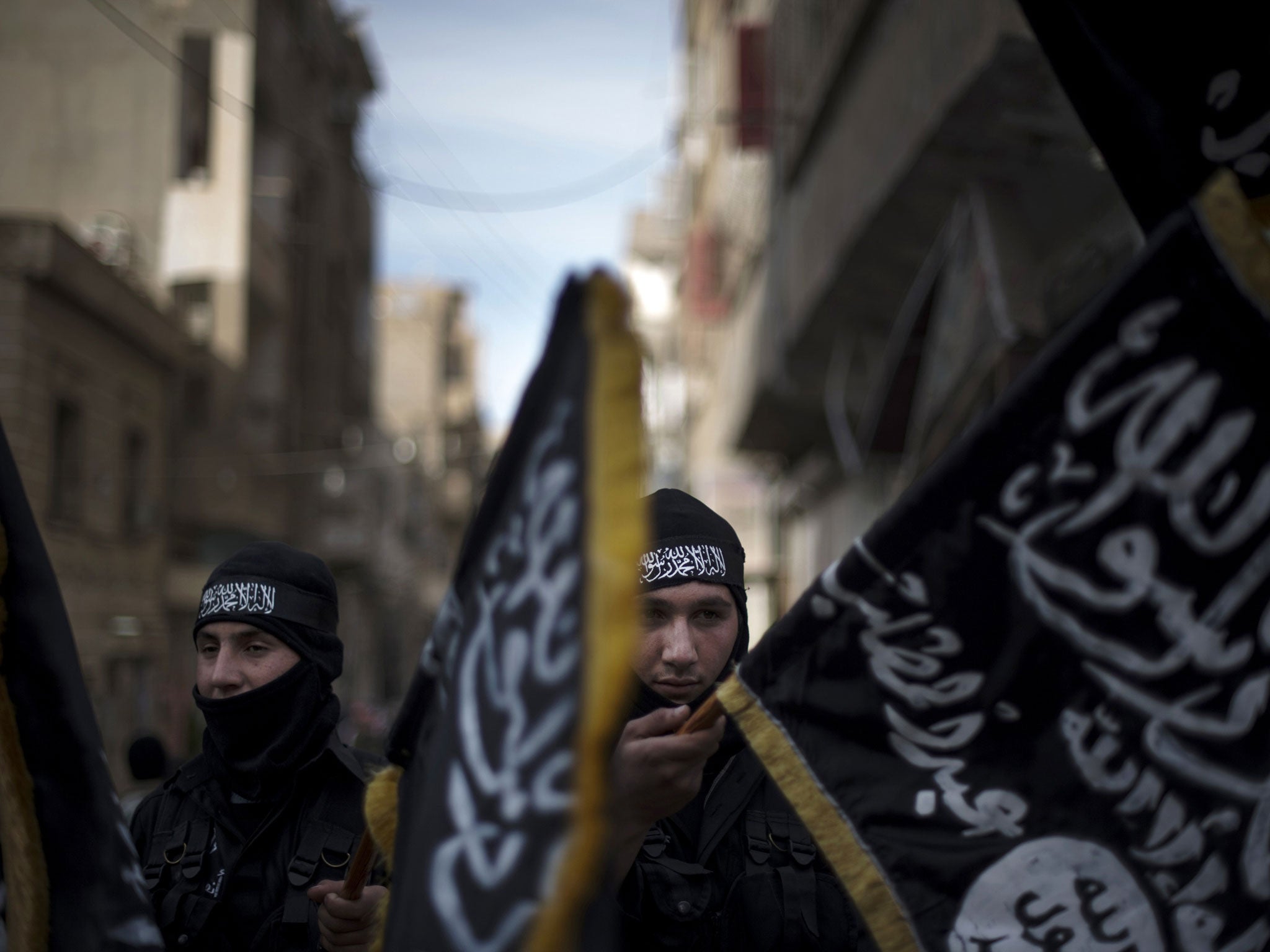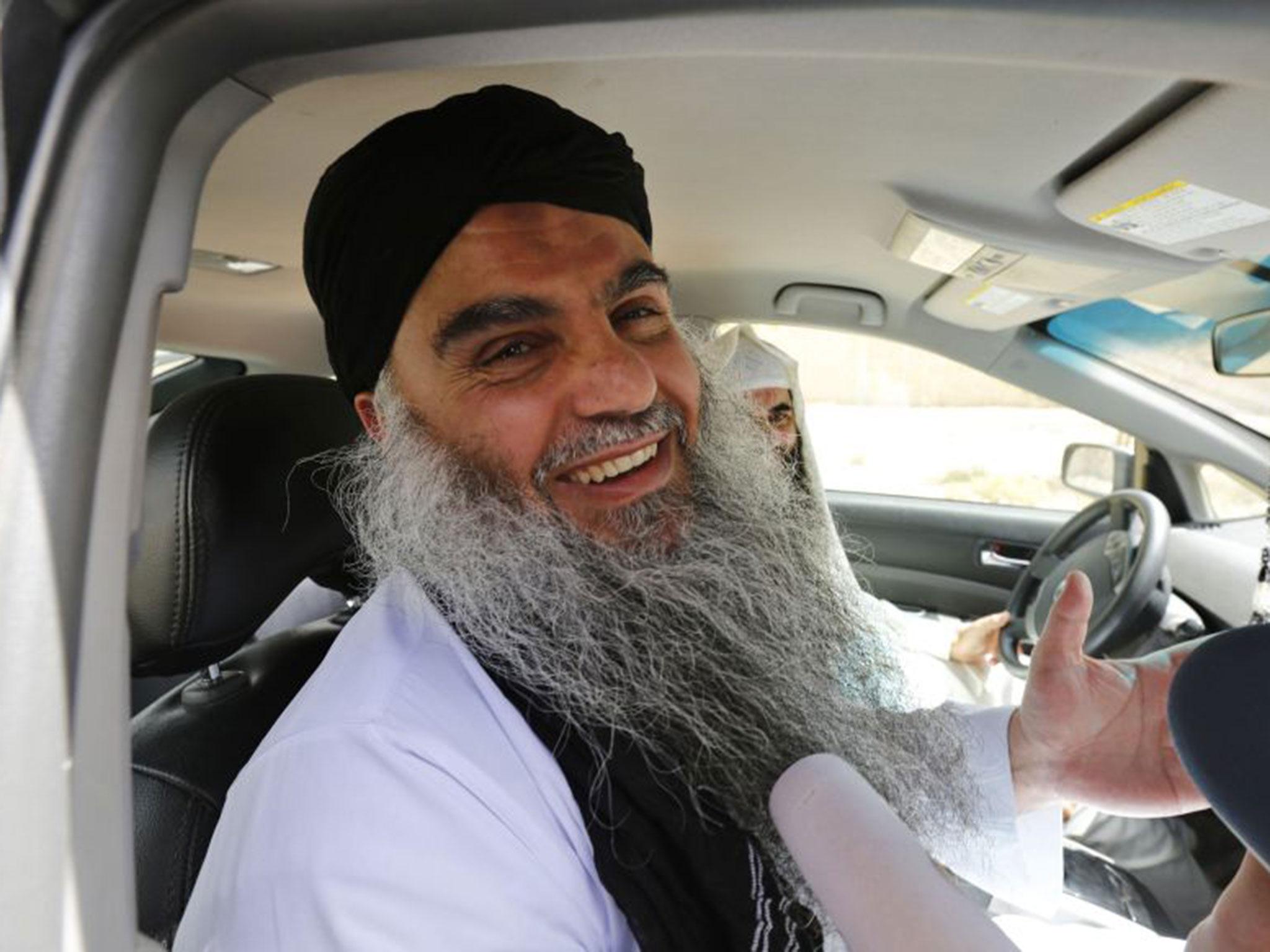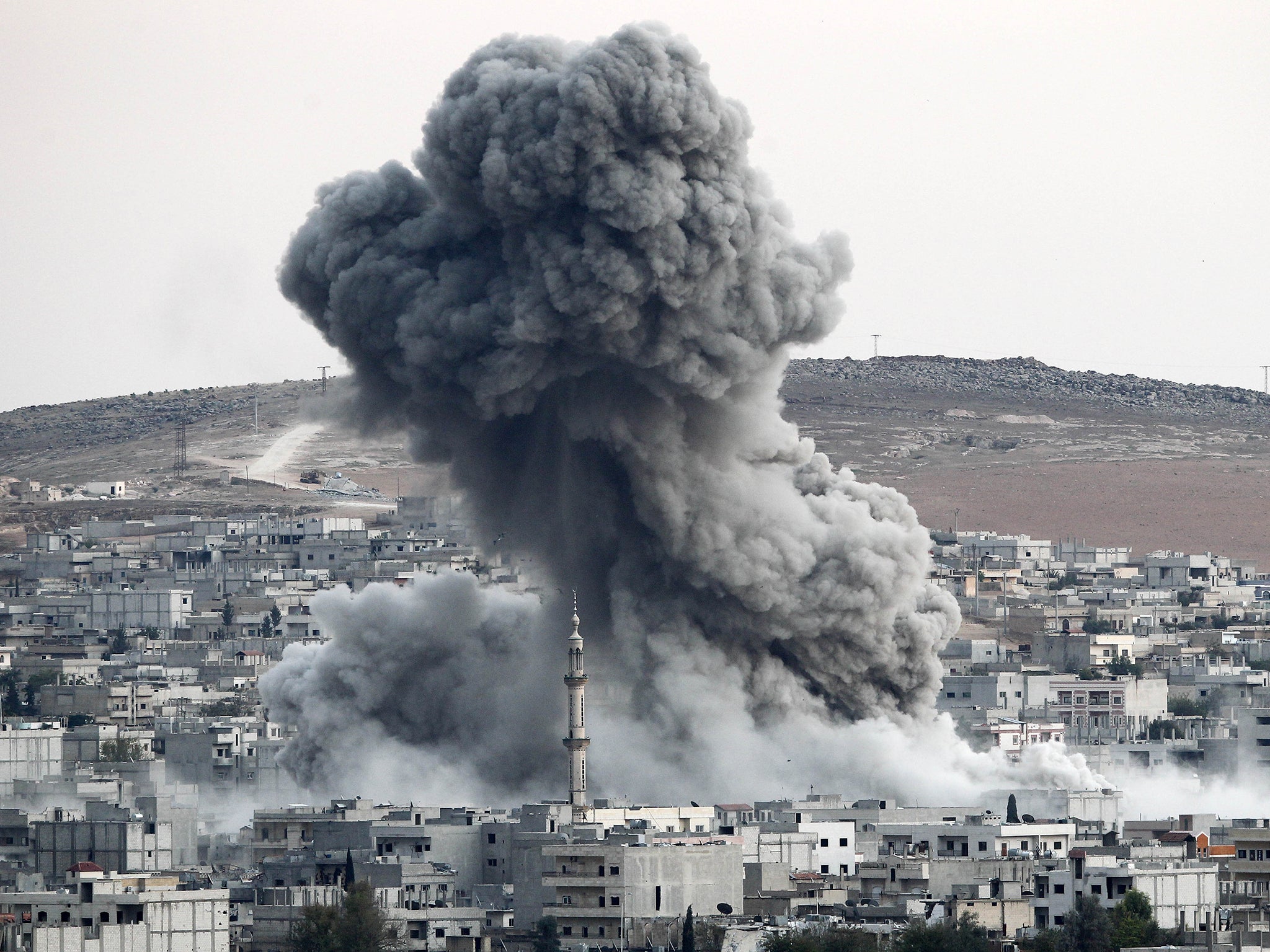Is this the end of al-Qaeda? Bin Laden's network is being destroyed by Isis, loyalists admit
Isis has dominated the war for territory, money, recruits and international jihadist allies since splitting from al-Qaeda
Your support helps us to tell the story
From reproductive rights to climate change to Big Tech, The Independent is on the ground when the story is developing. Whether it's investigating the financials of Elon Musk's pro-Trump PAC or producing our latest documentary, 'The A Word', which shines a light on the American women fighting for reproductive rights, we know how important it is to parse out the facts from the messaging.
At such a critical moment in US history, we need reporters on the ground. Your donation allows us to keep sending journalists to speak to both sides of the story.
The Independent is trusted by Americans across the entire political spectrum. And unlike many other quality news outlets, we choose not to lock Americans out of our reporting and analysis with paywalls. We believe quality journalism should be available to everyone, paid for by those who can afford it.
Your support makes all the difference.Al-Qaeda has “collapsed” under the weight of Isis’ growing power sapping its fighters, money and territory, according to its own members.
Two of the most senior associates of Osama Bin Laden’s terror network claim it is being ripped apart by the continuing power struggle within global jihad.
Abu Qatada, the radical Jordanian preacher deported from the UK in 2013, and jihadi scholar Abu Muhammad al-Maqdisi admitted to the Guardian that the younger group has been winning the ground and propaganda war since it split.
Isis grew out of the Islamic State of Iraq, led by Abu Bakr al-Baghdadi, now the “caliph” of the so-called Islamic State.

But after he defied al-Qaeda leadership to attempt a merger with its Syrian arm Jabhat al-Nusra in 2013, the resulting power struggle resulted in Isis being excommunicated.
The separation sparked an ongoing war between Isis and rival jihadist groups still loyal to al-Qaeda, seeing the deaths of thousands of fighters on both sides in Syria and Iraq.
The older group, who sparked America’s “war on terror” with the September 11 terrorist attacks, has suffered far worse than its upstart rival, according to loyalists.
Qatada said al-Qaeda’s leader no longer has “direct military or operational control” over his failing organisation.
Ayman al-Zawahiri, Bin Laden’s successor, has “become accustomed to operating in this decentralised way – he is isolated,” Qatada told the Guardian.
He told the Guardian that it “operates solely based on allegiance. There is no organisational structure. There is only communication channels, and loyalty.”
The pair’s willingness to publicly condemn Isis and admit the weakness of al-Qaeda demonstrates the depth of divisions within global jihad.
As well as fighting other Islamists for territory and the control of lucrative resources, including oil, in Iraq and Syria, Isis has been vying for supremacy.
Vows of allegiance from jihadist groups around the world suggest it is winning that war, with the Islamic State now having affiliates in countries stretching from Afghanistan to Africa.

Isis has declared victory over its former ally in propaganda magazine Dabiq, claiming in issue six that al-Qaeda had been reduced to “a raging bull stumbling about…a drowning entity struggling to breathe in deep water as it is exhausted and fatigued by tiredness and the struggle in the water”.
That description was written by a defector to Isis who claimed that the newer group showed him the “correct path of jihad”.
Continued fighting between the rivals weakens both sides against counter-attacks by the Iraqi and Syrian armies and US led-international coalition.
Recognising this last year, two branches of al-Qaeda urged militant factions to “stop the infighting” with Isis and “stand as one rank against America's campaign and that of its satanic alliance that lies in wait for all of us”.

As the one year anniversary of Baghdadi’s declaration of the Islamic State approaches later this month, the group is expected to assert its superiority over rivals further.
Charlie Winter, a researcher London-based counter extremism think tank the Quilliam Foundation, told The Independent Isis would launch “more violence, more advances, more attacks”.
He added: “There is a concerted effort to appear as relevant as ever, stronger than ever and more defiant than ever in the face of international opposition.”
Join our commenting forum
Join thought-provoking conversations, follow other Independent readers and see their replies
Comments